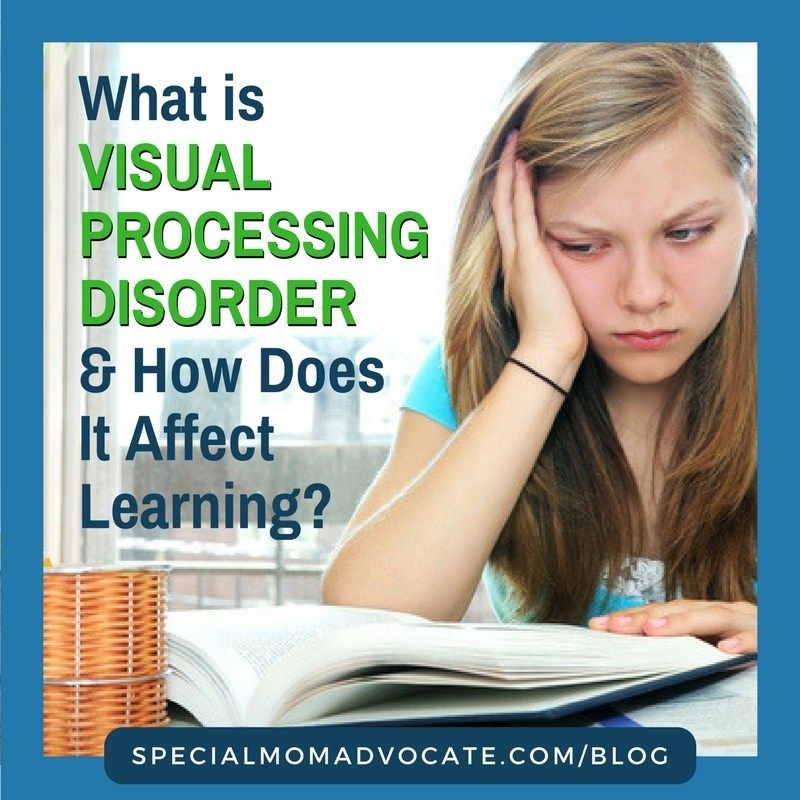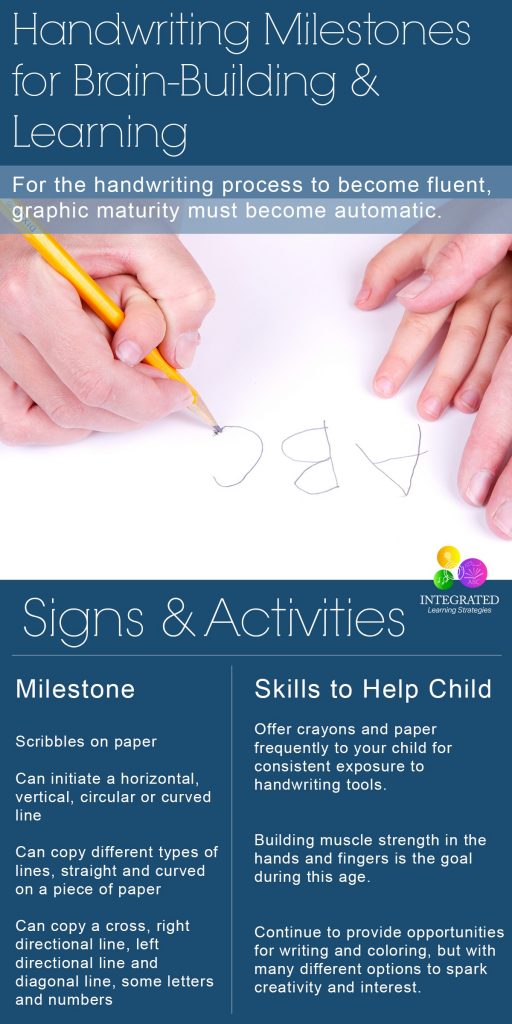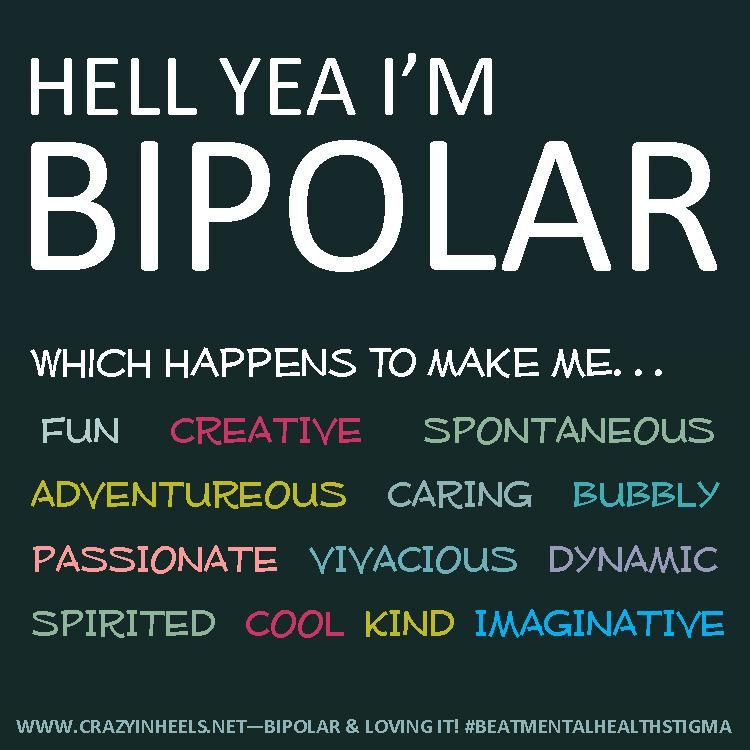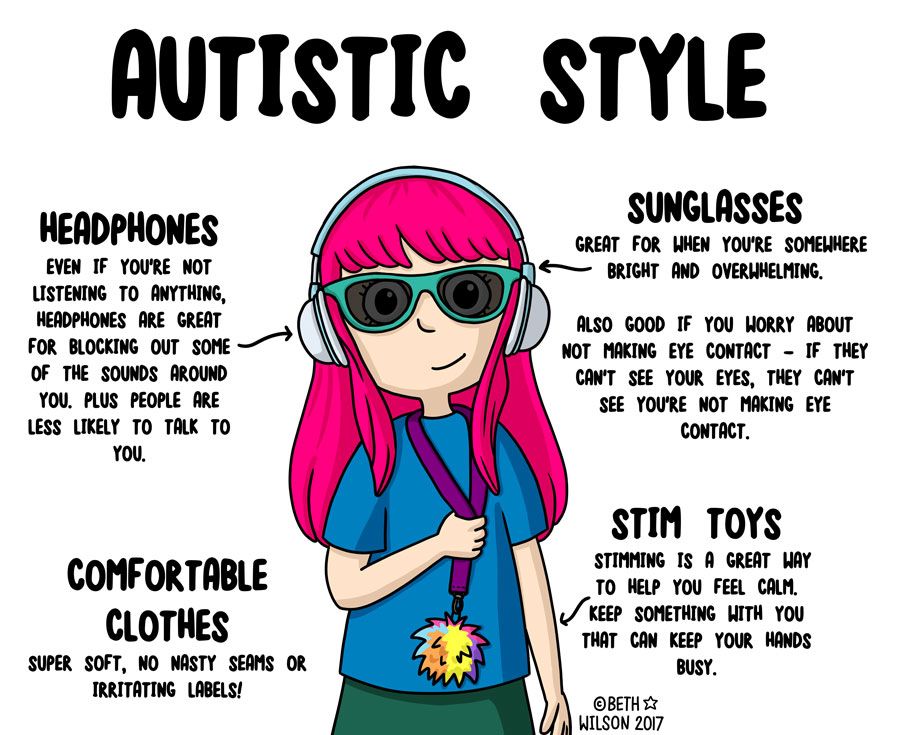What is a learning disorder
Learning Disorders in Children | NCBDDD
Many children may struggle in school with some topics or skills from time to time. When children try hard and still struggle with a specific set of skills over time, it could be a sign of a learning disorder. Having a learning disorder means that a child has difficulty in one or more areas of learning, even when overall intelligence or motivation is not affected.
Some of the symptoms of learning disorders are
- Difficulty telling right from left
- Reversing letters, words, or numbers, after first or second grade
- Difficulties recognizing patterns or sorting items by size or shape
- Difficulty understanding and following instructions or staying organized
- Difficulty remembering what was just said or what was just read
- Lacking coordination when moving around
- Difficulty doing tasks with the hands, like writing, cutting, or drawing
- Difficulty understanding the concept of time
Examples of learning disorders include
- Dyslexia – difficulty with reading
- Dyscalculia – difficulty with math
- Dysgraphia – difficulty with writing
Children with learning disorders may feel frustrated that they cannot master a subject despite trying hard, and may act out, act helpless, or withdraw. Learning disorders can also be present with emotional or behavioral disorders, such as attention-deficit/hyperactivity disorder (ADHD), or anxiety. The combination of problems can make it particularly hard for a child to succeed in school. Properly diagnosing each disorder is crucial, so that the child can get the right kind of help for each.
Treatment for learning disorders
Children with learning disorders often need extra help and instruction that are specialized for them. Having a learning disorder can qualify a child for special education services in school. Schools usually do their own testing for learning disorders to see if a child needs intervention. An evaluation by a healthcare professional is needed if there are other concerns about the child’s behavior or emotions. Parents, healthcare providers, and the school can work together to find the right referrals and treatment.
Learn more about LD
Helping children with learning and attention issues
Why Family Health History is Important if Your Child has Attention and Learning Problems
What every parent should know…
Children with specific learning disabilities are eligible for special education services or accommodations at school under the Individuals with Disabilities in Education Act (IDEA) and an anti-discrimination law known as Section 504.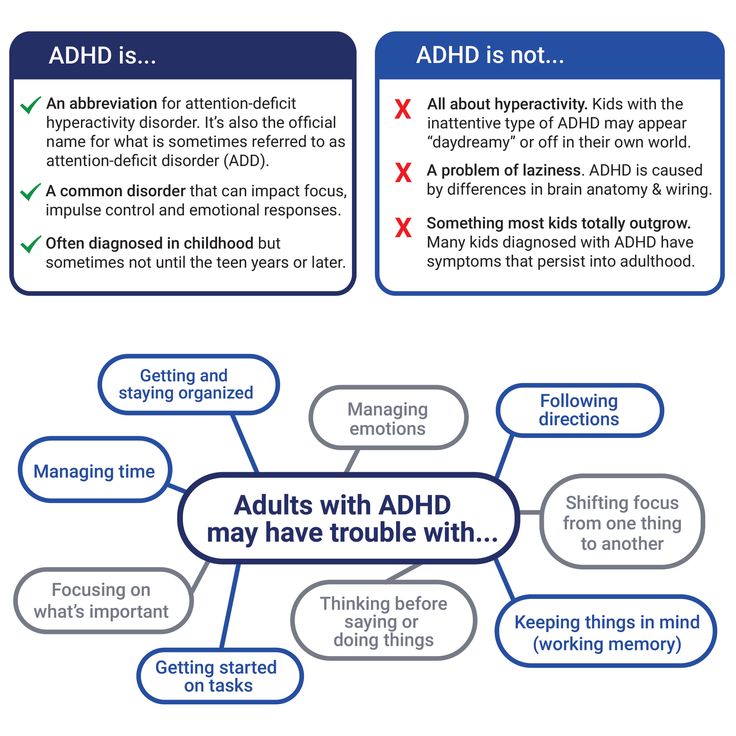 The U.S. Department of Education issued a ‘Dear Colleague’ letter providing clarification to both parents and practitioners about ensuring a high-quality education for children with specific learning disabilities, including children with dyslexia, dyscalculia, and dysgraphia.
The U.S. Department of Education issued a ‘Dear Colleague’ letter providing clarification to both parents and practitioners about ensuring a high-quality education for children with specific learning disabilities, including children with dyslexia, dyscalculia, and dysgraphia.
Learn more about education services and accommodations
Read the guidelines from the U.S. Department of Justice Disability Rights Section about testing accommodations for individuals with disabilities. [263 KB / 9 pages]
Get help from your state’s Parent Training and Information Center
The role of healthcare providers
Healthcare providers can play an important part in collaborating with schools to help a child with learning disorders or other disabilities get the special services they need. The American Academy of Pediatrics (AAP) has created a report that describes the roles that healthcare providers can have in helping children with disabilities, including learning disorders:
- Identifying children in need of early intervention or special education services.
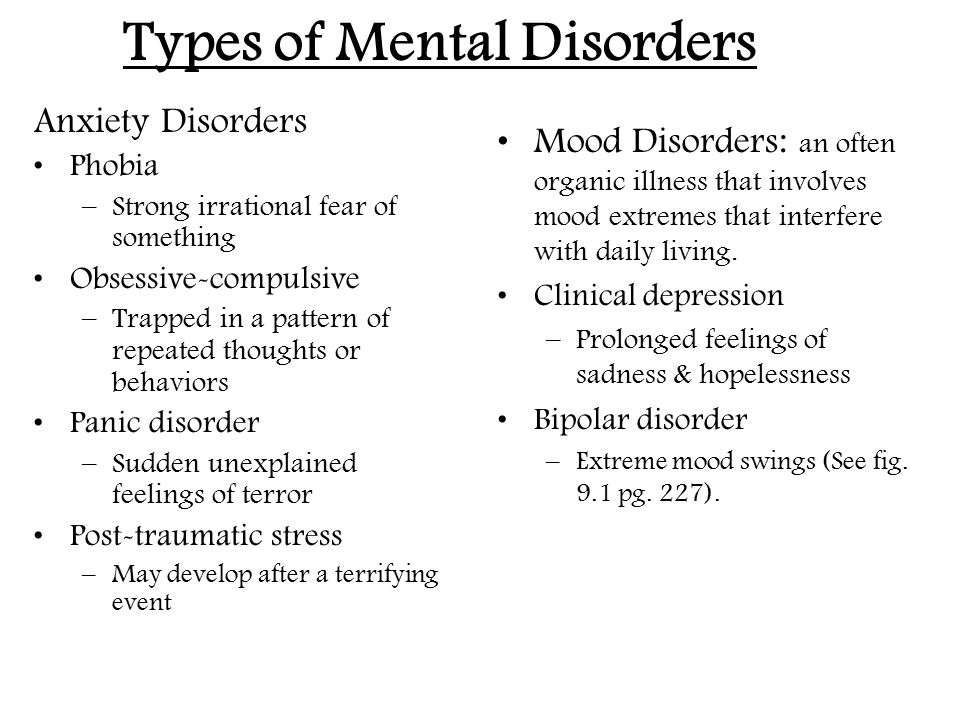
- Sharing relevant information with early intervention or school personnel.
- Meeting with early intervention or school personnel and parents or guardians.
- Using early intervention or school information in medical diagnostic or treatment plans.
- Working within an early intervention, school, or school-based health clinic.
- Working at an administrative level to improve school functioning around children with special needs.
Types of Learning Disabilities – Learning Disabilities Association of America
Skip to content
Learning disabilities are due to genetic and/or neurobiological factors that alter brain functioning in a manner which affects one or more cognitive processes related to learning. These processing problems can interfere with learning basic skills such as reading, writing and/or math. They can also interfere with higher level skills such as organization, time planning, abstract reasoning, long or short term memory and attention.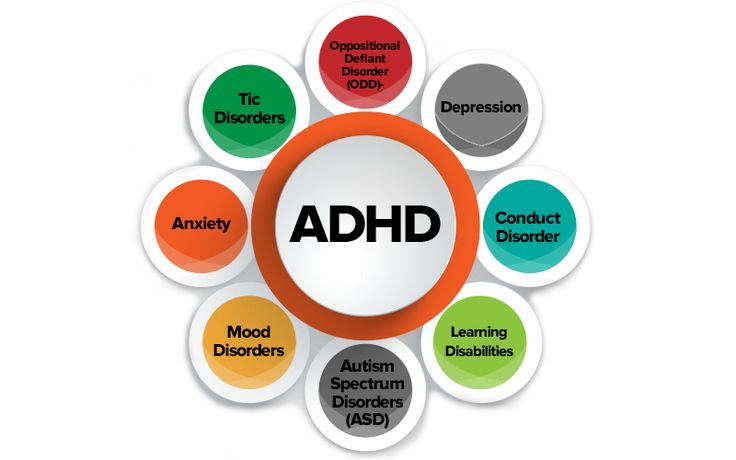 It is important to realize that learning disabilities can affect an individual’s life beyond academics and can impact relationships with family, friends and in the workplace.
It is important to realize that learning disabilities can affect an individual’s life beyond academics and can impact relationships with family, friends and in the workplace.
Since difficulties with reading, writing and/or math are recognizable problems during the school years, the signs and symptoms of learning disabilities are most often diagnosed during that time. However, some individuals do not receive an evaluation until they are in post-secondary education or adults in the workforce. Other individuals with learning disabilities may never receive an evaluation and go through life, never knowing why they have difficulties with academics and why they may be having problems in their jobs or in relationships with family and friends.
Learning disabilities should not be confused with learning problems which are primarily the result of visual, hearing, or motor handicaps; of intellectual disability; of emotional disturbance; or of environmental, cultural or economic disadvantages.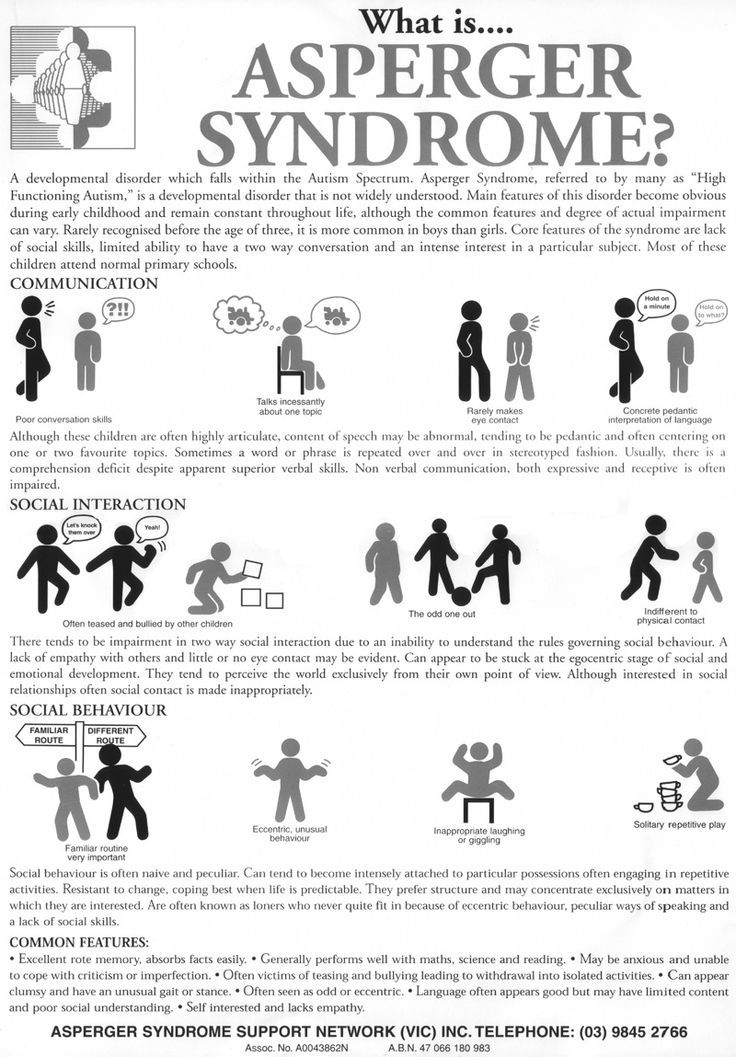
Generally speaking, people with learning disabilities are of average or above average intelligence. There often appears to be a gap between the individual’s potential and actual achievement. This is why learning disabilities are referred to as “hidden disabilities”: the person looks perfectly “normal” and seems to be a very bright and intelligent person, yet may be unable to demonstrate the skill level expected from someone of a similar age.
A learning disability cannot be cured or fixed; it is a lifelong challenge. However, with appropriate support and intervention, people with learning disabilities can achieve success in school, at work, in relationships, and in the community.
In Federal law, under the Individuals with Disabilities Education Act (IDEA), the term is “specific learning disability,” one of 13 categories of disability under that law.
“Learning Disabilities” is an “umbrella” term describing a number of other, more specific learning disabilities, such as dyslexia and dysgraphia.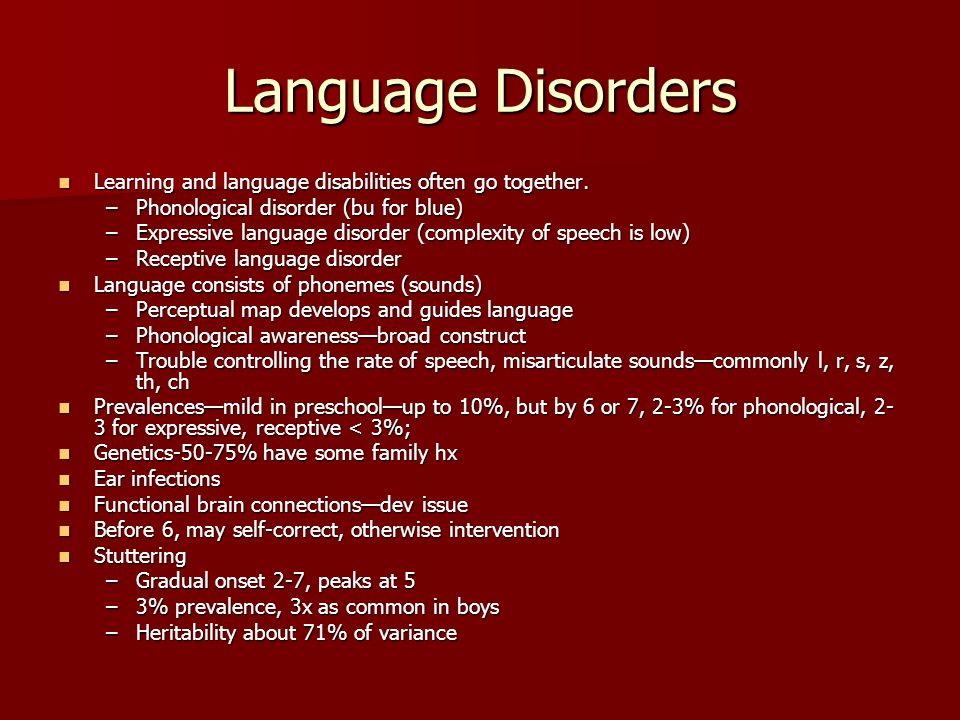 Find the signs and symptoms of each, plus strategies to help below.
Find the signs and symptoms of each, plus strategies to help below.
Types of Learning Disabilities
- Dyscalculia
A specific learning disability that affects a person’s ability to understand numbers and learn math facts.
- Dysgraphia
A specific learning disability that affects a person’s handwriting ability and fine motor skills.
- Dyslexia
A specific learning disability that affects reading and related language-based processing skills.
- Non-Verbal Learning Disabilities
Has trouble interpreting nonverbal cues like facial expressions or body language and may have poor coordination.
- Oral / Written Language Disorder and Specific Reading Comprehension Deficit
Learning disabilities that affect an individual’s understanding of what they read or of spoken language. The ability to express one’s self with oral language may also be impacted.
Related Disorders
- ADHD
A disorder that includes difficulty staying focused and paying attention, controlling behavior and hyperactivity.
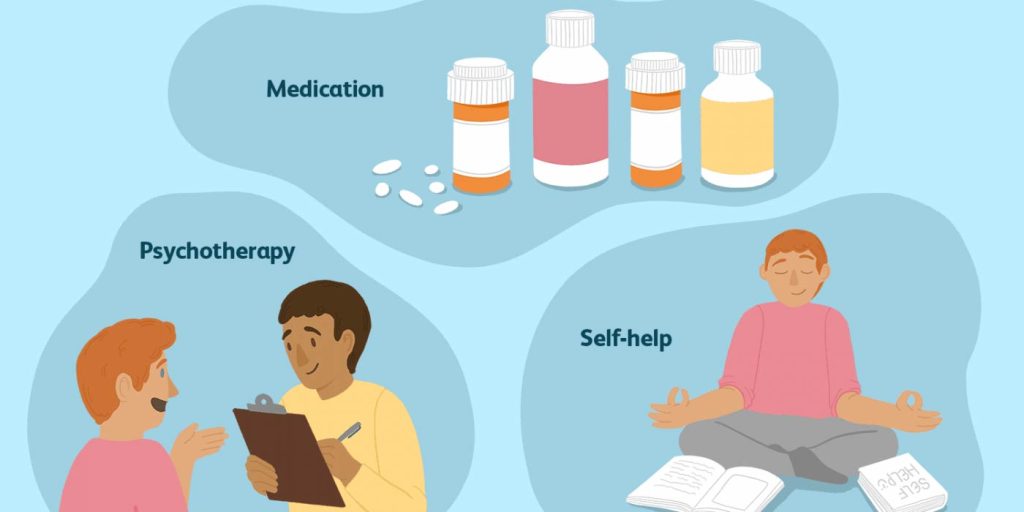
- Dyspraxia
A disorder which causes problems with movement and coordination, language and speech.
- Executive Functioning
Affects, planning, organization, strategizing, attention to details and managing time and space.
What is a learning disorder and how can you help?
Learning Disabilities: Learning problems make it difficult for a child to read, write or do simple math. How to understand the signs and what you can do.
In our country they are called ignorant, lazy, accused of lack of diligence and diligence. Parents of such students enter the school with a guilty gait and their heads drawn into their shoulders. Like their children, they live in stress and blame. In Europe and the USA, categories of children who have difficulties at school are grouped into the group “children with learning disabilities” and alternative methods of working with them are offered.
Today we will talk about what it is and how we propose to deal with it.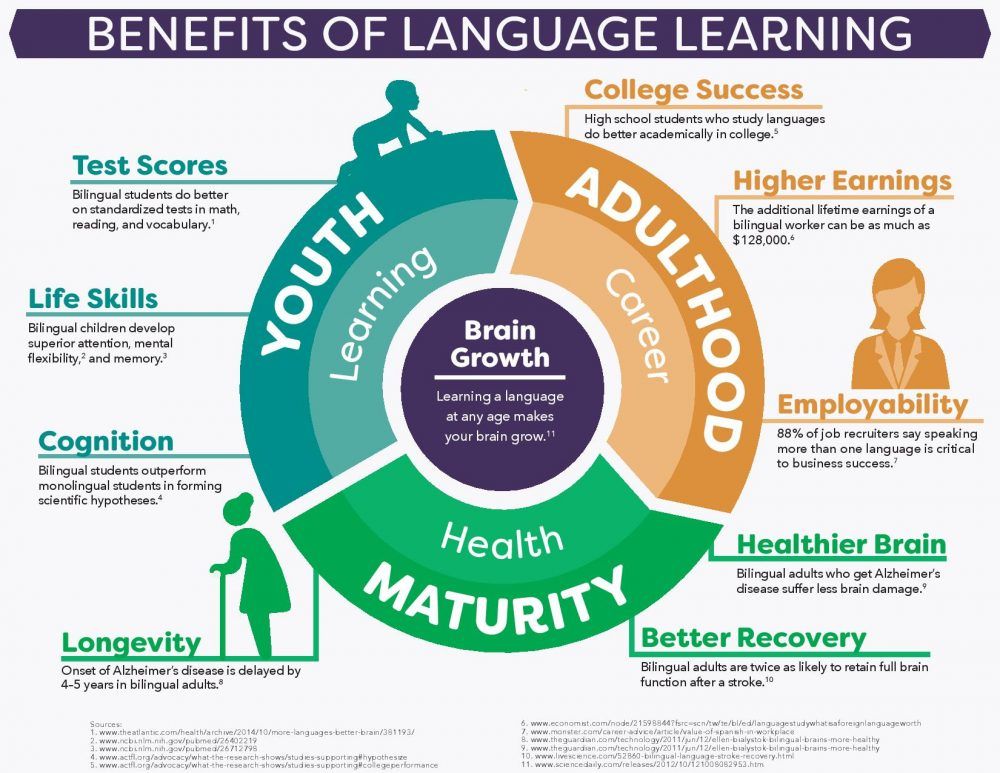
Many children with learning disabilities, also called learning disorders , experience difficulties in school long before they are diagnosed. This can affect a child's self-esteem and motivation. Understand how to recognize the signs of a learning disorder and what you can do to help your child.
What is a learning disorder?
A learning disorder is an information processing problem that prevents a person from learning a skill and using it effectively. Learning disorders usually affect people with average or above average intelligence. As a result, the disorder manifests itself in a gap between expected skills based on age and intelligence and academic achievement.
Common learning disorders affect a child's ability to read, write, math, or non-verbal skills.
DIFFICULTIES WITH READING
Learning disorders in reading are usually associated with difficulties in understanding the spoken word as a combination of individual sounds. This can make it difficult to understand how a letter or letters represent sound and how letter combinations form a word.
This can make it difficult to understand how a letter or letters represent sound and how letter combinations form a word.
Problems with working memory - impaired ability to retain and manipulate information in the moment - may also play a role.
Even when basic reading skills are mastered, children may have difficulty with the following skills:
- Reading speed at the level of the age norm
- Reading comprehension
- Accurate retelling (cannot remember what they read)
- Inference based on reading
- Spelling
Reading learning disorder is commonly referred to as dyslexia, but some professionals may use the term to describe only some of the information processing problems that can make reading difficult.
DIFFICULTY WITH WRITING
Writing requires complex visual, motor and informational skills. Violation of learning in writing can cause the following:
-
Handwriting difficulties.
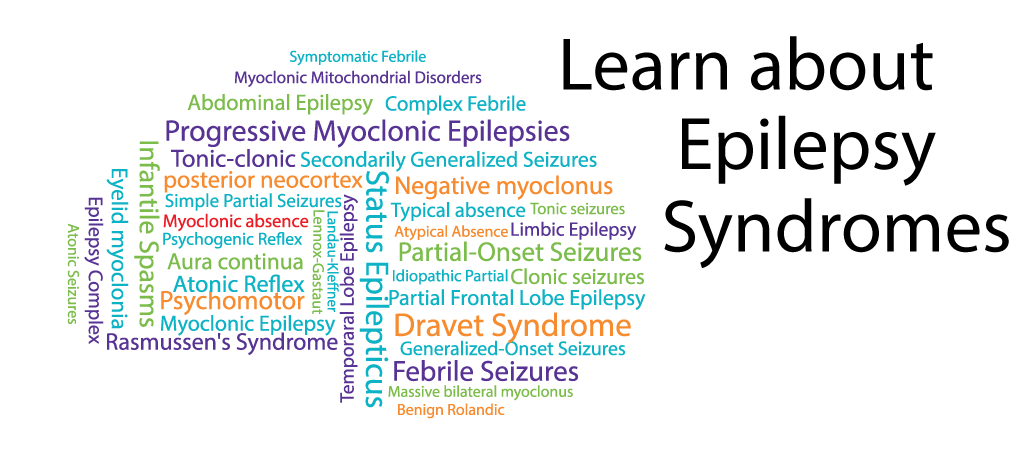 Slow handwriting that requires considerable effort. Illegible handwriting
Slow handwriting that requires considerable effort. Illegible handwriting -
Difficulty in expressing thoughts in words
-
Difficult to understand, poorly organized written text, without paragraphs or indents
-
Problems with spelling, grammar and punctuation
Learning problems? Get recommendations for school teachers.
Reading skills. age stages.
Signs of dyscalculia at different ages.
Learning disorders. Tips for parents.
MATH LEARNING PROBLEMS
A math learning disorder is called dyscalculia. Such impairment can cause problems with the following skills:
- Understanding number and quantity, their differences and relationships
- Ability to solve mathematical problems
- Storing basic calculations
- Use of mathematical symbols such as plus, minus, equal, greater than, less than signs.
- Understanding task texts
- Organization and recording of information when solving a mathematical problem (short condition, question, answer)
NONVERBAL SKILLS
A child with learning disabilities in nonverbal skills appears to develop good basic language skills and strong memory skills in early childhood.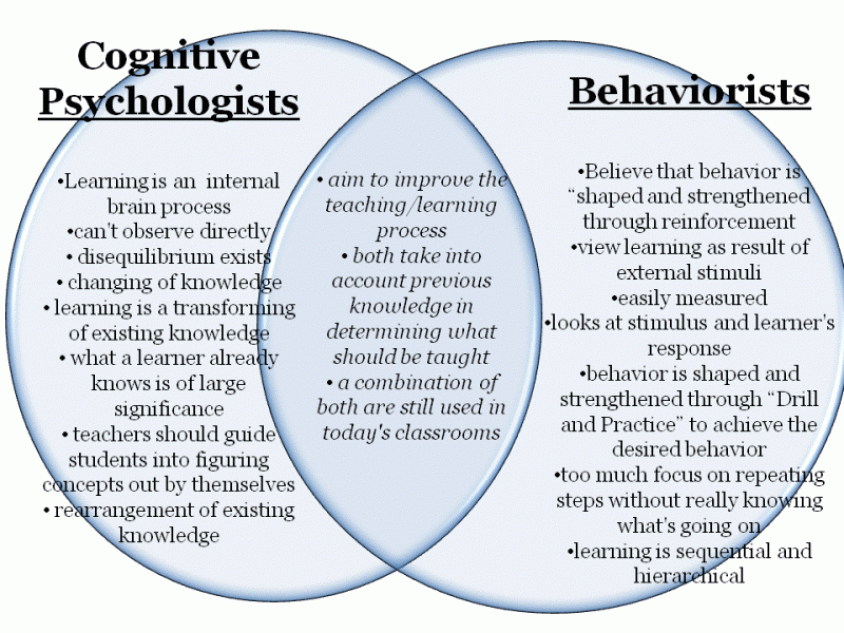 Difficulties are observed in visual-spatial, visuomotor and other skills necessary for social or academic functioning.
Difficulties are observed in visual-spatial, visuomotor and other skills necessary for social or academic functioning.
A child with learning disabilities in non-verbal skills may have problems in the following areas:
- Interpretation of facial expressions and non-verbal cues in social interactions
- Proper use of speech in social situations (may speak out of place)
- Physical coordination
- Fine motor skills underlying writing skill
- Attention, planning and organization
- Fluent reading and understanding. Difficulties with writing thoughts, usually appearing in higher grades
What causes learning disorders?
There is no consensus on what exactly can cause learning problems. We only note the obvious factors that can affect the development of learning disorders:
- Family history and genetics. A family history of learning disorders increases a child's risk of developing a learning disorder.
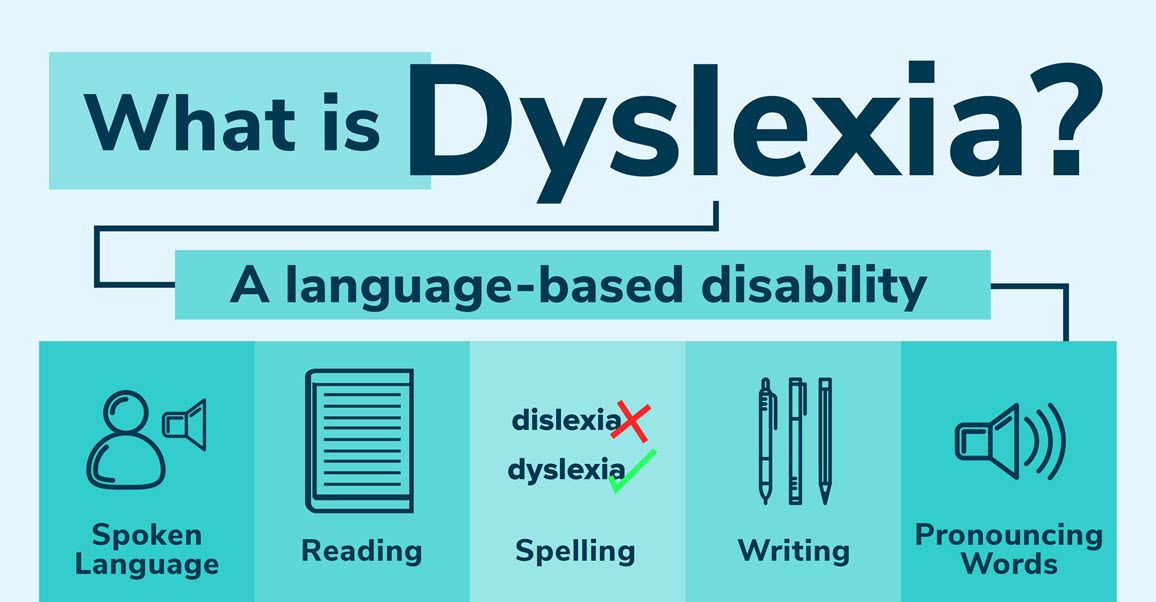
- Prenatal and neonatal risks.
- Severe fetal developmental disorder, exposure to alcohol or drugs before birth, premature birth, and low birth weight may be associated with learning disabilities.
- Psychological trauma or abuse in early childhood can affect brain development and increase the risk of learning disorders.
- Physical injury. Head injuries or infections of the nervous system may also play a role in the development of learning disorders.
- Environmental exposure. Exposure to high levels of toxins such as lead has been associated with an increased risk of learning disorders.
What are the signs of a learning disability?
Your child may have a learning disability if he or she:
- Is not learning to read, spell, write, or do math according to developmental milestones
- Poor understanding and following instructions
- Forgets what he/she was just told
- Lack of coordination when walking, playing sports, or difficulty holding the handle correctly
- Forgets to write down or loses homework, textbooks or other items
- Difficult to understand the concept of time and order
- Resists homework or activities that include reading, writing, or math.
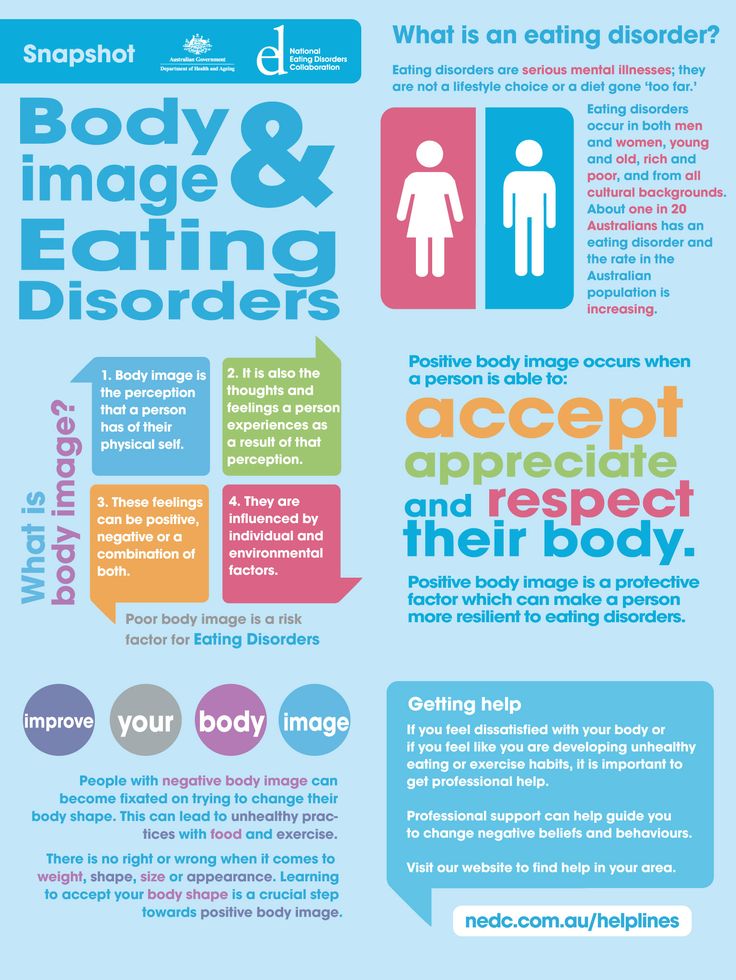 Unable to complete homework without significant assistance
Unable to complete homework without significant assistance - Demonstrates defiance, hostility, or emotional overreactions at school, or while doing homework or reading.
Seek help early
Early intervention is important because the problem can snowball. A child who did not learn to count in elementary school will not be able to do algebra in high school.
Without reading, a fundamental learning skill, they will find it difficult to master the humanities in high school, as well as technical texts such as problem statements.
Children with learning disorders may also experience anxiety, depression, low self-esteem, chronic fatigue, or loss of motivation. Some of them may act in ways that distract attention from their problems at school - goofing around, being the "class clown".
Diagnosis of learning disorder and need for intervention services is based on test scores, teacher feedback, parent or guardian input, and performance analysis.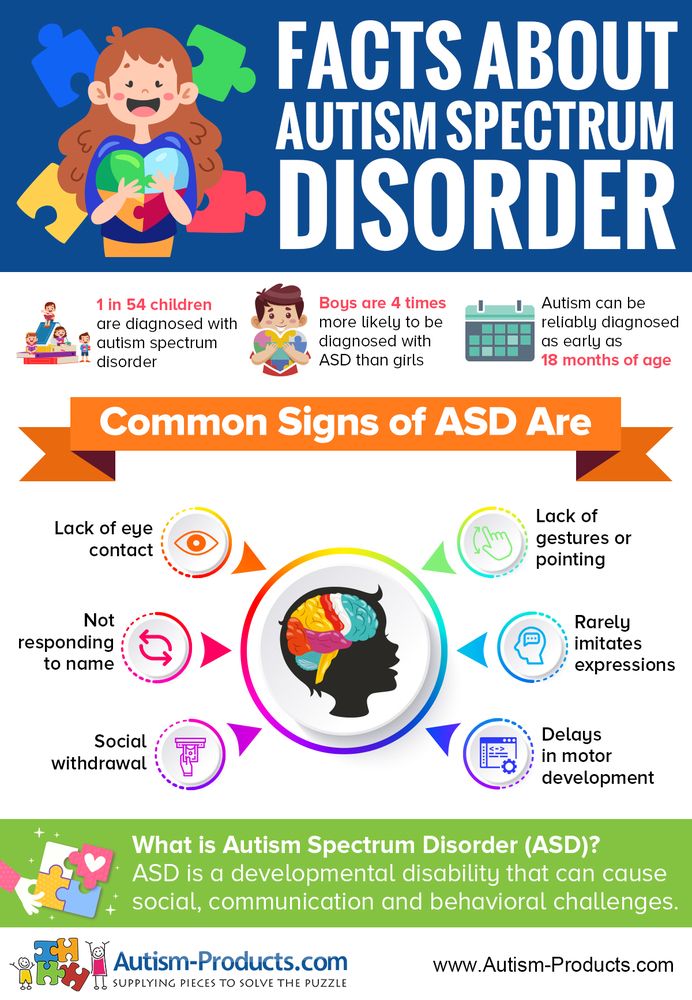 A diagnosis of severe anxiety or attention deficit/hyperactivity disorder also has a large impact on learning opportunities. These factors contribute to delays in the development of academic skills.
A diagnosis of severe anxiety or attention deficit/hyperactivity disorder also has a large impact on learning opportunities. These factors contribute to delays in the development of academic skills.
In our center we offer specialized intensive courses on the correction of basic learning problems: reading, writing handwriting, mastering mathematics, the concepts of time and organizational skills.
Some children benefit from working with a neuropsychologist and exercise therapist. Occupational therapy can improve the motor skills of a child with coordination and writing problems. A speech therapist can help address language skills.
Sometimes your child's doctor may recommend medication for depression or severe anxiety. Medications for attention deficit/hyperactivity disorder may improve a child's ability to concentrate at school.
It is very important that you help your child understand in an easy to understand way what extra activities are needed and how they can help.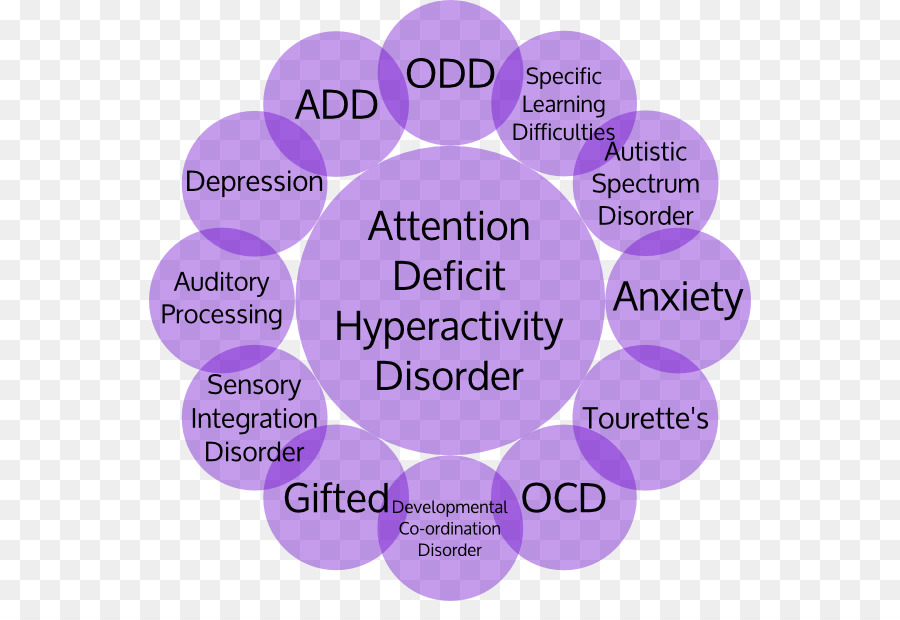 Also, focus on your child's strengths. Encourage your child to pay attention to interests that give him confidence.
Also, focus on your child's strengths. Encourage your child to pay attention to interests that give him confidence.
Together, these interventions can improve your child's skills, help him or her develop coping strategies, and use his or her strengths to improve learning in and out of school.
Learning Disorders - Practical Psychology on aboutyourself.ru
Posted by Tatiana at . Published in Mental disorders Last updated: 06/29/2014
What is a learning disability? Learning disabilities refer to neurological differences in information processing that severely limit a person's ability to learn in a particular area. That is, this impairment is the result of real differences in how the brain processes, understands, and uses information. Every person has different learning abilities, but people with learning disabilities have serious problems throughout their lives. It is impossible to cure people with such disorders.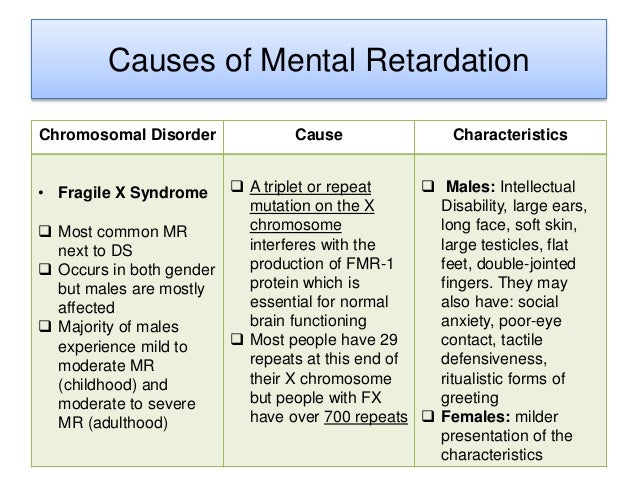 Special educational programs can help them cope and compensate for the missing abilities, but the inability itself will manifest itself throughout life. Patients with a learning disability may experience difficulties at school or at work. Also, this violation can have a strong impact on independent living and social relationships.
Special educational programs can help them cope and compensate for the missing abilities, but the inability itself will manifest itself throughout life. Patients with a learning disability may experience difficulties at school or at work. Also, this violation can have a strong impact on independent living and social relationships.
Learning disabilities are usually first noticed when children begin to fail in school for the first time. The first to notice signs of a learning disability are almost always parents and preschool teachers. Children may have difficulty learning to read and understand text. Difficulties in writing, mathematics, or language can also signal a problem. Some students may learn basic skills easily, but find it difficult to use them in problem solving or advanced school work.
Living with learning disabilities can be a painful struggle for both the child and their parents. In many cases, parents feel relieved when their child is diagnosed. The diagnosis is reassuring because in this case the patient receives additional support at school through trained teachers and special educational programs.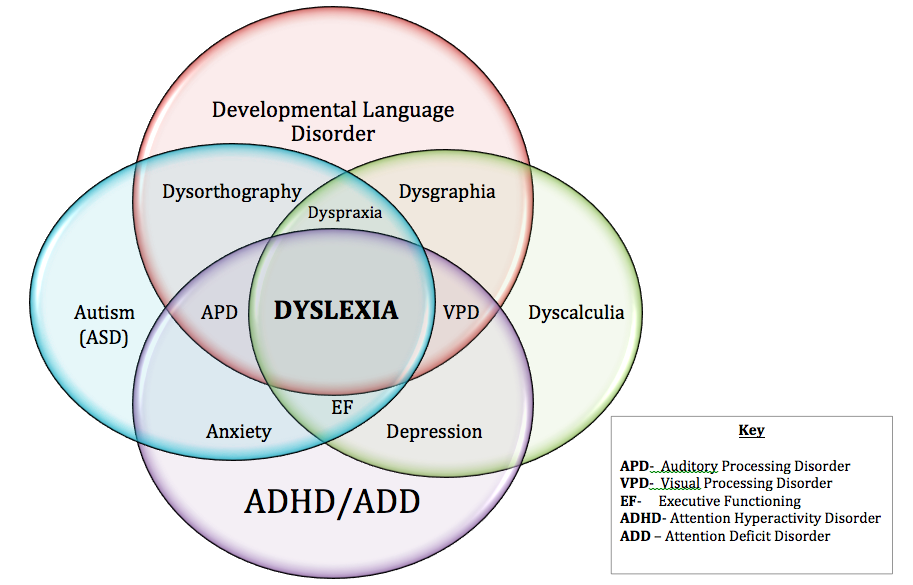 For students with learning disabilities, programs are also individually designed to meet their needs. For them, instructions are specially developed based on the advantages and weaknesses of each.
For students with learning disabilities, programs are also individually designed to meet their needs. For them, instructions are specially developed based on the advantages and weaknesses of each.
These disorders are thought to be caused by neurological differences in how the brain processes information. Simply put, a person has a disorder when his ability to learn in a particular area is much lower than what would be expected at his level of intelligence development. It is a common misconception that people with learning disabilities cannot learn at all or are less intelligent than their peers. In fact, this is not so. You can have a learning disability and be very gifted at the same time. In fact, the difference is that people with learning disabilities simply learn differently; they may need different techniques or instructions in order to learn effectively.
In the diagnosis of learning disabilities, the discrepancy is determined by determining his intelligence quotient, or IQ, and testing his abilities in specific areas - reading, mathematics and writing.